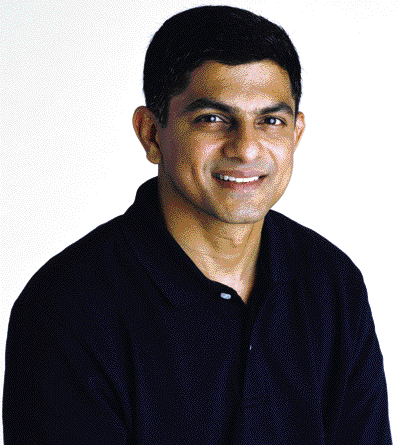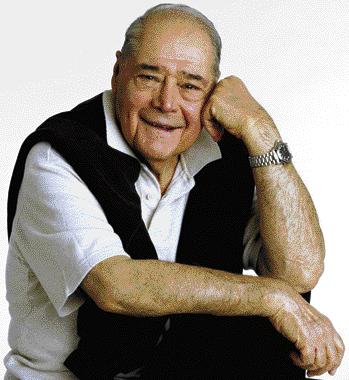can cause permanent disability or death. If you have any symptoms
of a possible heart attack that last up to 5 minutes, call 9–1–1
right away.
D o n ’t Delay





































50
Heart Attack S u rvival Plan
Fill out the form below and make several copies. Keep one copy near
your home phone, where you can easily see it. Keep another copy at
work, and a third copy in your wallet or purse.
Information To Share With Emergency Medical Personnel and
Hospital Staff
Medicines you are taking:
Medicines you are allergic to:
How To Contact Your Doctor
If symptoms stop completely in less than 5 minutes, you should still
call your doctor right away.
Phone number during office hours:
Phone number after office hours:
Person To Contact If You Go to the Hospital
Name:
Home phone number:
Work phone number:
S u rvival Plan


















































51
Recovering We l :
Life After a Heart Attack
or Heart Procedure
Having a heart attack or a heart procedure can be a frightening and
upsetting experience. It is difficult to discover—often suddenly—
that your body isn’t working the way it should, and to be plunged
into an unfamiliar world of hospitals and high-tech procedures. But
it’s important to know that millions of people have survived a heart
attack, recovered fully, and gone on to resume active, normal lives.
Likewise, most people who undergo heart surgery recover well and
return to their usual activities. Many surgery patients eventually feel
healthier than they did before their procedure.
The time it takes to get back
to normal will depend on
many factors, including your
age and general health.
If you have had a heart
attack, the pace of recov-
ery will also depend on
the severity of the attack.
If you have undergone
surgery, recovery time will
depend partly on the type
of procedure you had.
But whatever your
situation, there
is much you
can do to





































52
improve your health and prevent complications following a heart
attack or major heart procedure.
The first step: Give yourself permission to re c o v e r. You and your body have been through a lot, and it will take some time to feel like yourself
a g a i n . Expect to feel quite tired at first, and to gradually regain your s t rength and energ y. While individual needs vary, following are some
overall tips for recovering well from a heart attack or heart surg e ry.
Your First Weeks at Home
When you first arrive home from the hospital, you’ll need to get a
lot of rest so that your heart can begin to heal. It is very important
to eat healthfully and to get enough sleep. Take the medications
your doctor has prescribed for you. (See “Heart-Healing Medicines”
on the next page.) Avoid heavy yard work, house cleaning, or other
projects that require a lot of energy. Also refrain from physical
activity in very hot or cold weather. Ask family and friends to help
out with chores, childcare, and other activities that may be difficult
to take care of during your first weeks at home.
At the same time, it is important to get up and move around as you
begin to recover. Your heart is a muscle that needs be exercised—
though very gently at first. Pace yourself. Allow plenty of time for
each thing you do during the day, from getting out of bed to taking
a shower to preparing a simple breakfast. Rest between activities,
and whenever you feel tired. Ask your doctor for a list of guidelines
for activity during your first few weeks at home.
Your doctor will want to check your progress 1 to 4 weeks after you
leave the hospital. During your first followup visit, your doctor will
check your weight and blood pressure, make any needed changes in
your medicines, perform necessary tests, and check how your recov-
ery is progressing overall. Use this opportunity to ask any questions
you may have about safe or unsafe activities, medicines, lifestyle
changes, or any other issues that concern you. You may want to
write down your questions beforehand.
For some situations and questions, it is best to call your doctor right
away rather than wait for your next appointment. Call promptly if:




















































53
H e a rt - H e a l i n gM e d i c i n e s
Following a heart attack, your doctor will probably prescribe one or
more drugs to improve your heart functioning and help prevent
another heart attack. If your doctor doesn’t mention medicine, ask
whether you should take one of the following medications. (For more
information on the purpose and impact of each drug, see the more
detailed “Medications” section on pages 38–40.)
● ACE inhibitors
● Aspirin
● Beta blockers
● LDL cholesterol-lowering and triglyceride-lowering drugs
M e d i c i n e s
■ You have symptoms related to your original heart disease, such
as trouble breathing, chest pain, weakness, or an irregular
heartbeat.
■ You notice side effects after starting a new heart medicine.
■ You’ve been given a prescription for a condition other than
heart disease. It is important to find out whether it’s safe to
take other medicines along with your heart drugs.
■ You’ve recently had heart surgery or another kind of medical
treatment and you notice symptoms that your doctor has
warned you about.
■ You feel down or “have the blues” for more than a few days.
If you have symptoms of a possible heart attack, call 9–1–1 right
away. See pages 46–50 for the warning signs of a heart attack and
how to act fast to get help.

























































































































































































































































